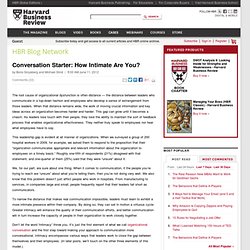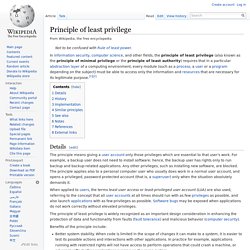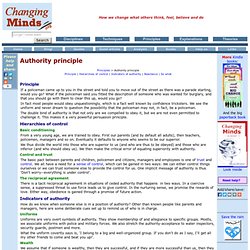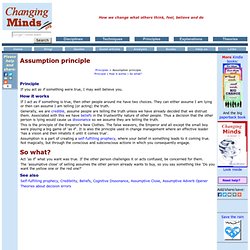

Why Year-End Reviews Are A Big Fat Waste Of Time. Let's cut to the chase: If the only feedback your employees get from you is in the form of a 6- or 12-month performance review, it’s time to change your approach to feedback.

Dropping bombs on employees once or twice a year only serves to build up pressure and make feedback sessions feel like indictments. And most importantly, it does little to alter behavior and improve performance and productivity, which should be your goal. For feedback to be effective, it can’t be a special occasion, says Bruce Tulgan, author of It's Okay to Be the Boss: The Step-by-Step Guide to Becoming the Manager Your Employees Need. “My view is that feedback is much too often given when things are going wrong. I call that ‘bad-news management’ because every time they hear from you, it means something’s gone wrong. So instead of waiting for the obligatory performance reviews to come around, you should have a built-in feedback loop with your reports.
Not that performance reviews should be tossed out altogether. Conversation Starter: How Intimate Are You? - Boris Groysberg and Michael Slind. By Boris Groysberg and Michael Slind | 8:00 AM June 11, 2012 The root cause of organizational dysfunction is often distance — the distance between leaders who communicate in a top-down fashion and employees who develop a sense of estrangement from those leaders.

When that distance remains wide, the work of moving crucial information and key ideas across an organization becomes harder and harder. This gap can grow until it becomes a chasm: As leaders lose touch with their people, they lose the ability to maintain the sort of feedback process that enables organizational effectiveness. They neither truly speak to employees nor hear what employees have to say. This leadership gap is evident at all manner of organizations.
We, for our part, are sure about one thing: When it comes to communication, if the people you’re trying to reach are “unsure” about what you’re telling them, then you’re not doing very well. Don’t let the word “intimacy” throw you. 1. 2. 3. 4. Principle of least privilege. Details[edit] The principle means giving a user account only those privileges which are essential to that user's work.

For example, a backup user does not need to install software: hence, the backup user has rights only to run backup and backup-related applications. Any other privileges, such as installing new software, are blocked. The principle applies also to a personal computer user who usually does work in a normal user account, and opens a privileged, password protected account (that is, a superuser) only when the situation absolutely demands it. The principle of least privilege is widely recognized as an important design consideration in enhancing the protection of data and functionality from faults (fault tolerance) and malicious behavior (computer security).
Benefits of the principle include: Better system stability. In practice, true least privilege is neither definable nor possible to enforce. History[edit] The original formulation is from Jerome Saltzer:[6] Peter J. Notes[edit] Authority principle. Principles > Authority principle Principle | Hierarchies of control | Indicators of authority | Reactance | So what Principle If a policeman came up to you in the street and told you to move out of the street as there was a parade starting, would you go?

What if the policeman said you fitted the description of someone who was wanted for burglary, and that you should go with them to clear this up, would you go? In fact most people would obey unquestioningly, which is a fact well known by confidence tricksters. The double bind of authority is that not only are we compelled to obey it, but we are not even permitted to challenge it.
Hierarchies of control Basic conditioning From a very young age, we are trained to obey. We thus divide the world into those who are superior to us (and who are thus to be obeyed) and those who are inferior (and who should obey us). Control and trust The reciprocal agreement. Assumption principle. Principles > Assumption principle Principle | How it works | So what?

Principle If you act as if something were true, I may well believe you. How it works If I act as if something is true, then other people around me have two choices. Generally, we are credible, assume people are telling the truth unless we have already decided that we distrust them. This is the principle of the Emperor's New Clothes. Assumption is a part of creating a self-fulfilling prophecy, where your belief in something leads to it coming true. Act 'as if' what you want was true. The 'assumptive close' of selling assumes the other person already wants to buy, so you say something like 'Do you want the yellow one or the red one? ' See also Self-fulfilling prophecy, Credibility, Beliefs, Cognitive Dissonance, Assumptive Close, Assumptive Adverb Opener Theories about decision errors.